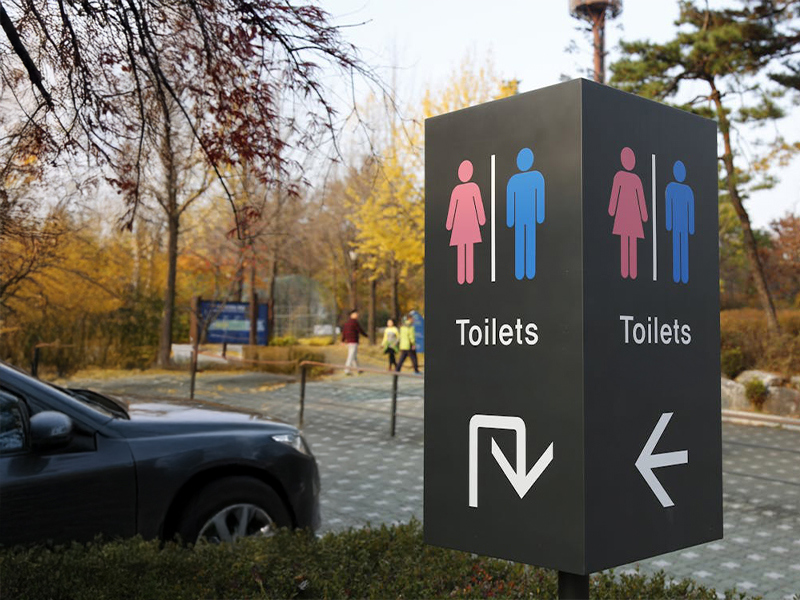
When faced with long journeys, every motorist knows the discomfort of needing the loo with no facilities in sight. Whether it’s heavy traffic in winter or an unexpected cry of “I need a wee!” from the back seat, the problem can lead to difficult decisions. But what are the legal risks of pulling over to relieve yourself, and how can you avoid fines or worse? Our blog below has everything you need to know.
Public urination can result in fines and even prosecution in the UK depending on the circumstances and the rules of the local authority. Key legislation includes:
- Public Order Act 1986: You can be issued a fixed penalty notice for causing distress or alarm, of up to £90.
- Environmental Protection Act 1990: A number of councils view public urination as ‘littering’ that can lead to fines of up to £2,500 if subsequent fines are not paid.
- Sexual Offences Act 2003: In very serious circumstances, charges of indecent exposure may be brought, with potential convictions carrying serious penalties, including a custodial sentence.
How these laws are enforced is up to each local authority. Some councils use CCTV or social media complaints to identify offenders and dispatch officers to hotspots.
Stopping to let a child use the toilet might seem reasonable, but the law can be strict:
- Laybys: If an officer catches you, the driver may still face penalties. While leniency is possible, it’s not guaranteed.
- Motorway Hard Shoulders: Using the hard shoulder for a toilet break is illegal unless it’s an emergency. Violations can lead to a £100 fine and three penalty points on your licence.
Planning ahead is essential to avoid these situations.
There’s a persistent rumour that it’s legal to urinate next to the rear wheel of your car. This is false. No such law exists, and being caught could still result in prosecution under public order or littering offences.
If you’re too desperate to make it inside the motorway services and opt for bushes or walls instead, you’re still at risk of fines. Police have even put up warning posters at service stations following complaints about drivers urinating near picnic areas.
Beyond the legal risks, holding your wee can harm your health:
- Urinary Tract Infections (UTIs): Retaining urine can encourage bacterial growth, leading to painful infections.
- Kidney Stones: Failing to empty your bladder regularly increases the risk of kidney stones, which can cause severe pain.
Making regular stops is not just a matter of comfort but also health.
Needing the toilet while in the car isn’t just an uncomfortable situation, it’s one that poses a distraction. A pressing need to pee can distract you from the task at hand, raising the odds of an accident. Careless driving leading to a crash could see you charged with a £5,000 fine and nine penalty points on your licence.
- Plan Ahead: Incorporate regular stops at service stations or public toilets into your journey.
- Use Technology: Apps like ‘Toilet Finder’ or Google Maps can help locate facilities along your route.
- Pack Supplies: For families, consider travel-friendly urination devices or portable potty options for emergencies (only for use in safe, private areas).
- Stay Hydrated but Smart: Drink fluids sensibly to avoid overloading your bladder during long drives.
When driving, the need for a toilet break is almost inevitable, but it’s essential to handle it responsibly. Ignoring the law could lead to fines, penalties, and unnecessary risks to your health and safety. By planning ahead, using available resources, and prioritising regular stops, you can stay on the right side of the law while keeping yourself and others safe on the road.
Why not check out our UK Road Safety Report blog for more information? We also produce a range of weekly blogs on various topics, which can be found in the blog section of our website.
Nationwide Vehicle Contracts are one of the UK's leading car leasing brokers and offers a range of leasing deals to suit every need. To find out more, check out our comprehensive car leasing guides or call one of our experts on 0345 811 9595.

